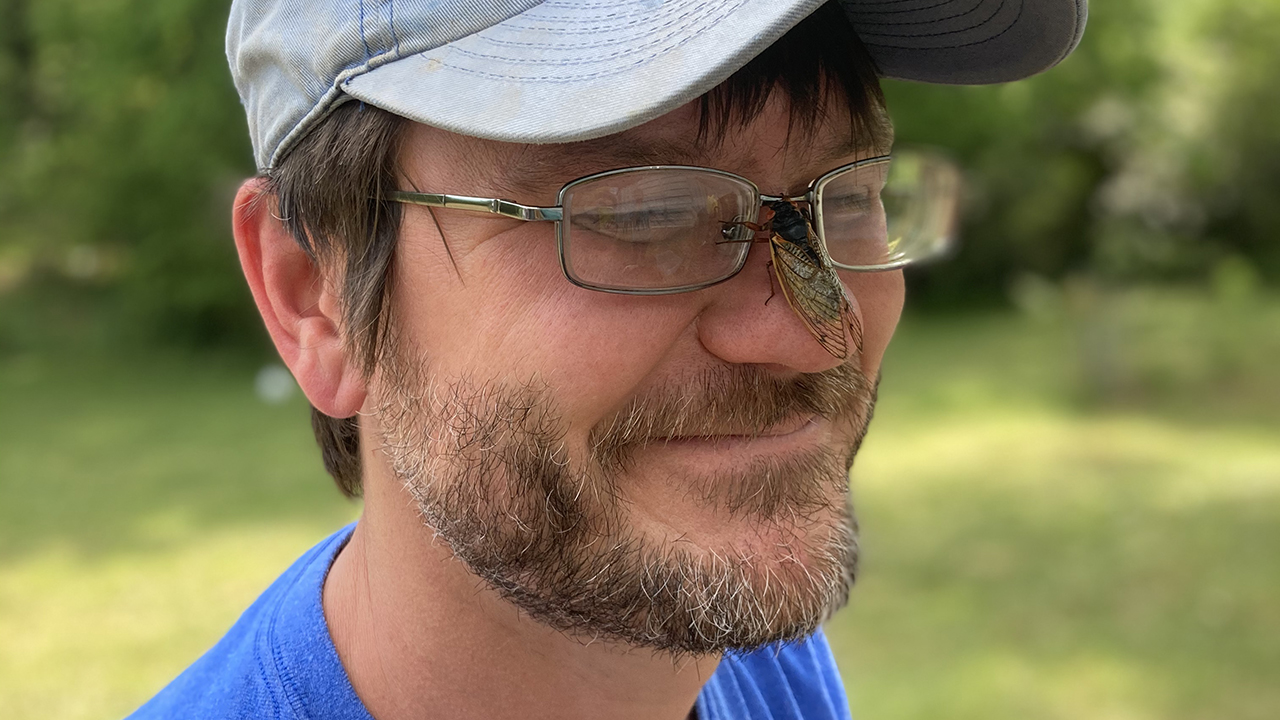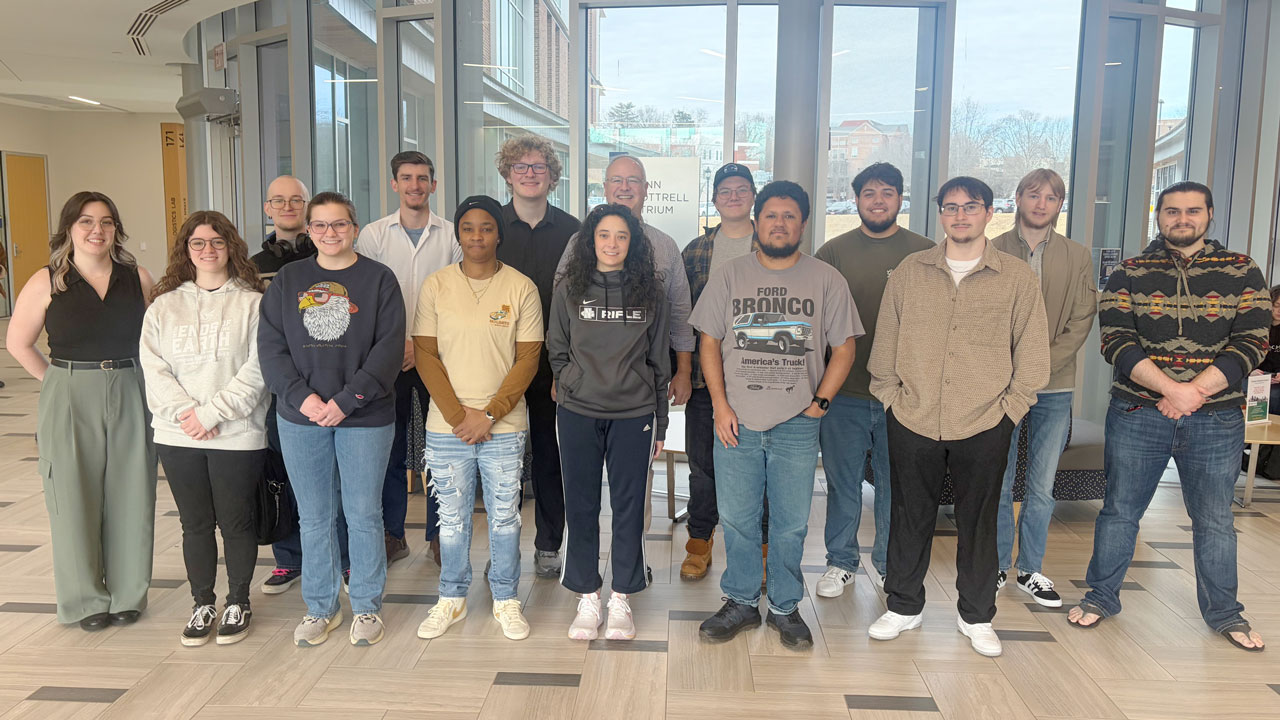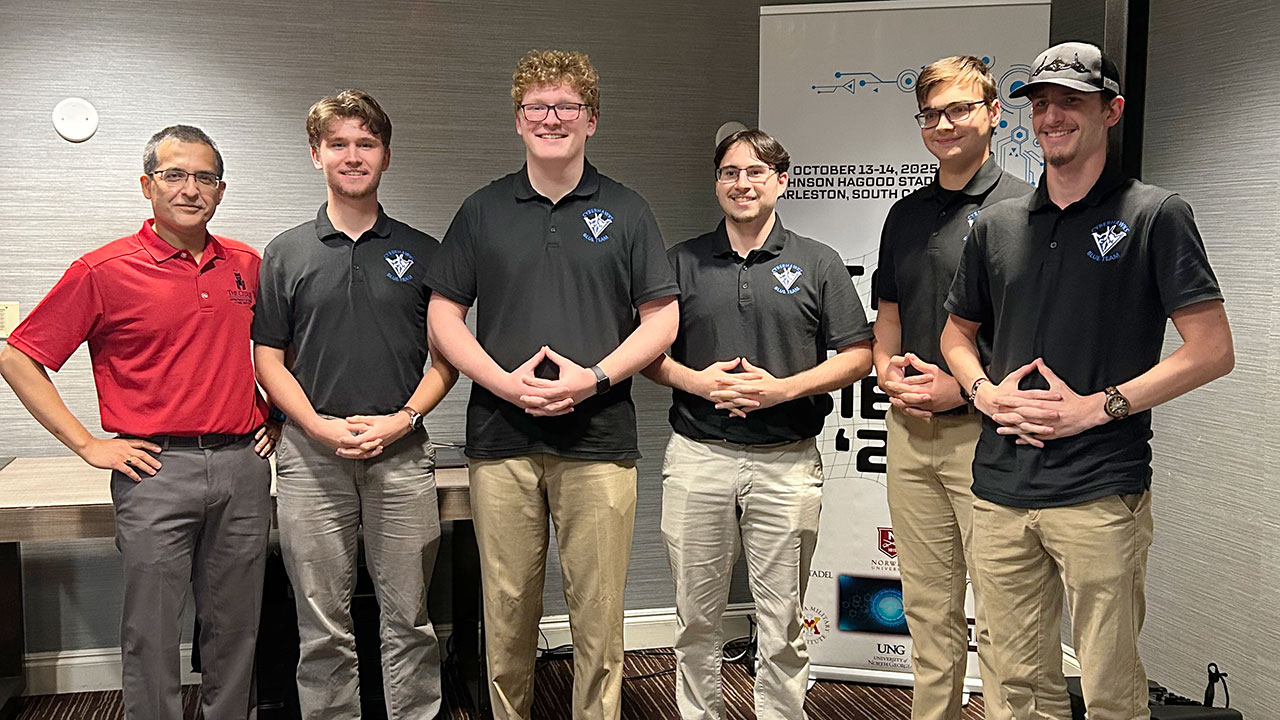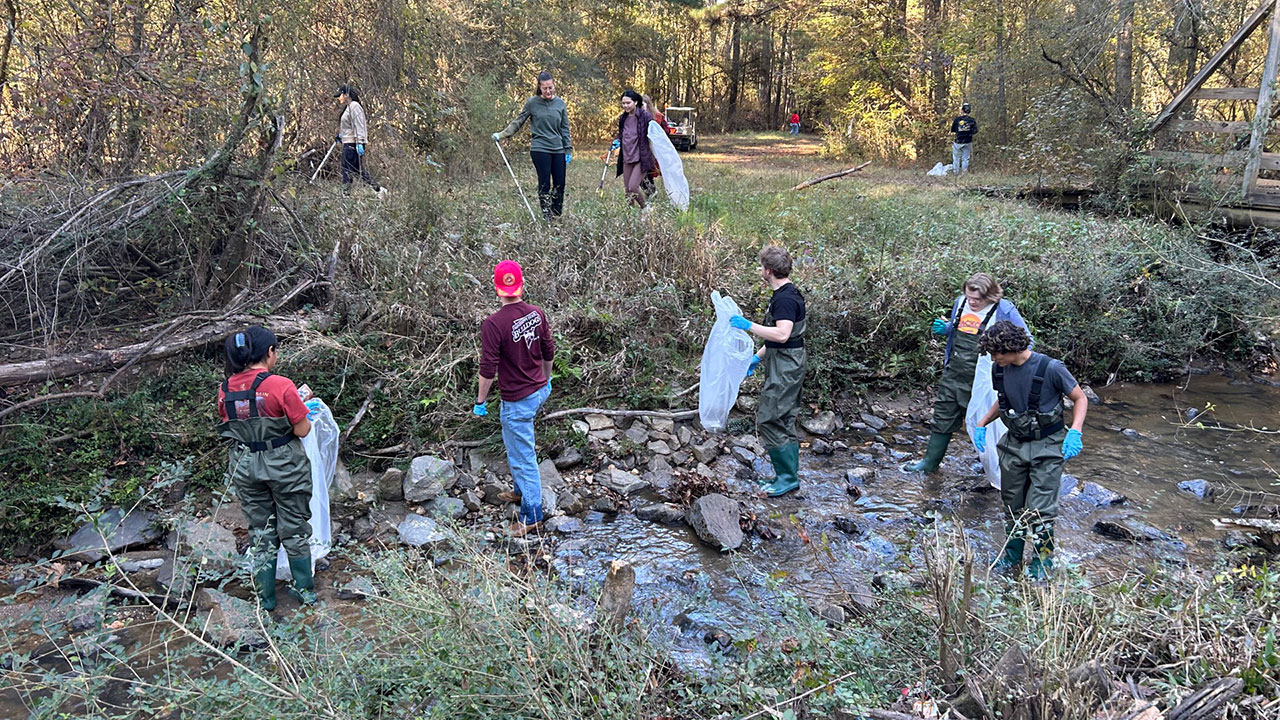Faculty seek help studying cicadas

Dr. Evan Lampert, a University of North Georgia (UNG) biology professor, is seeking the public's help as he, fellow biology faculty member Dr. Dobrusia Bialonska and UNG students study and map Brood XIX cicadas, periodical cicadas that are expected to begin emerging in Georgia in mid- to late April.
Lampert requests that people contact him at evan.lampert@ung.edu when they see the cicadas.
These insects are unusual because they spend most of their life feeding on the sap in tree roots before emerging to mate and then dying shortly thereafter, according to Lampert. This brood was born in 2011 and has been underground for the past 13 years. Lampert is also interested to hear from people who know of specific emergence locations from 2011.
Lampert said one of the most noticeable elements of the Brood XIX cicada emergence will be the males singing to the females as "a few weeks of frantically mating" unfolds.
"That's what people will be hearing," Lampert said. "The singing is extremely loud."
In fact, law enforcement in Blairsville, Georgia, asked the public to stop calling in noise complaints in 2021 when Brood X emerged.
The closest the emergence will come to UNG is near UNG's Oconee Campus. The most likely Georgia cities for Brood XIX's emergence will be Athens, Augusta, Calhoun, Cartersville, Clarkesville, Columbus, Dalton, Demorest, Macon, Milledgeville, and Rome.
Lampert said that once the cicadas mate, the females lay eggs in woody plants before dying. Offspring hatch out of twigs and quickly bury themselves as the whole process begins again.
"It's something you have to see to believe," Lampert said.
Due to the cicadas' regular consumption of sap, which Lampert described as the "insect version of living on Kool-Aid alone," the small insects must rely on bacteria known as microbes to provide many of their nutrients.
Bialonska, associate professor of environmental microbiology, is partnering with Lampert and students to identify the bacteria and their purpose.
"We want to see how it helps them having these bacteria in their guts," Bialonska said.




